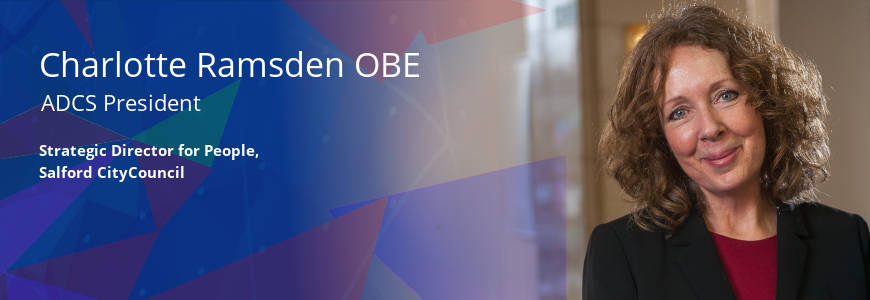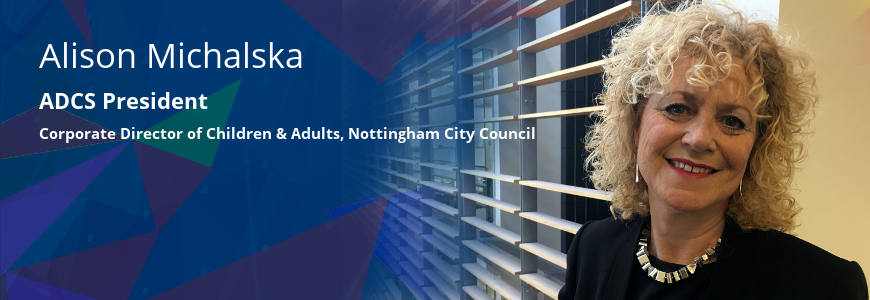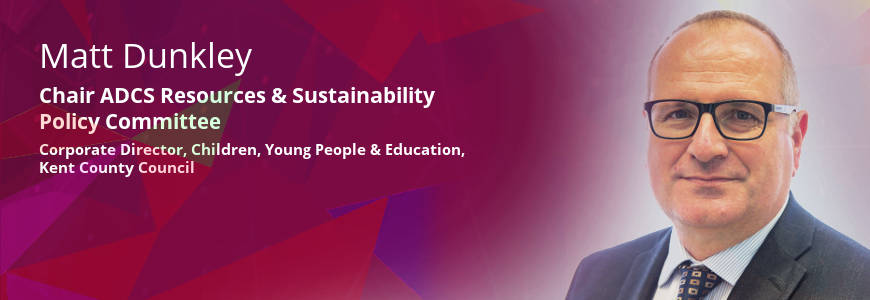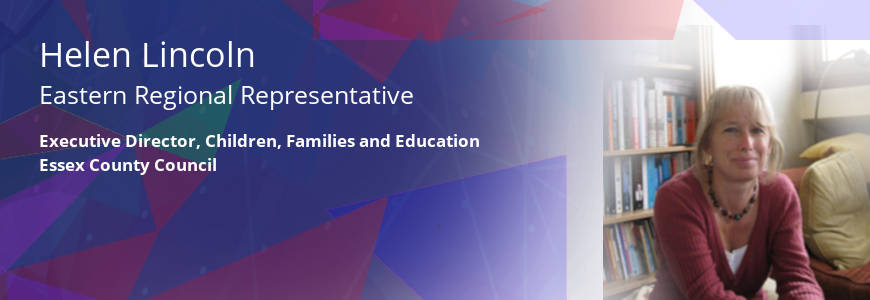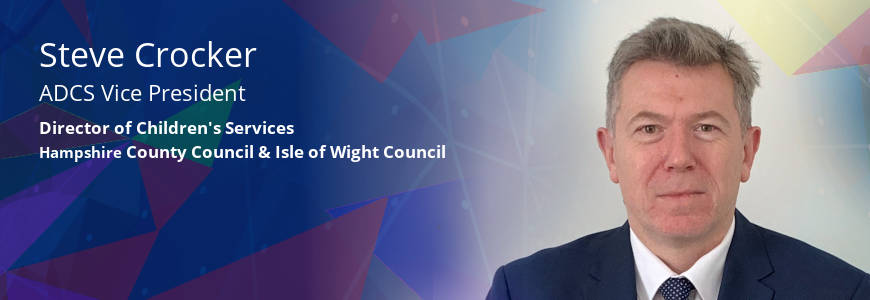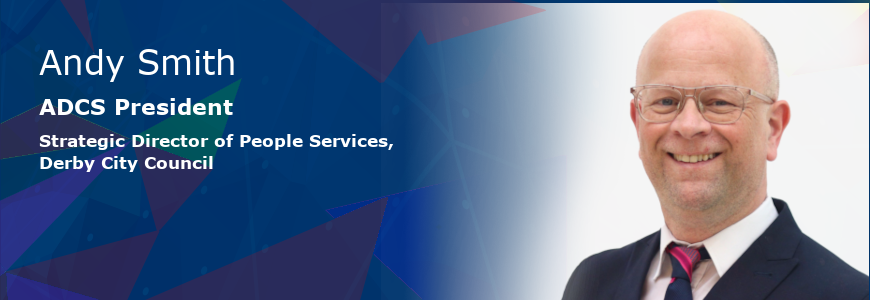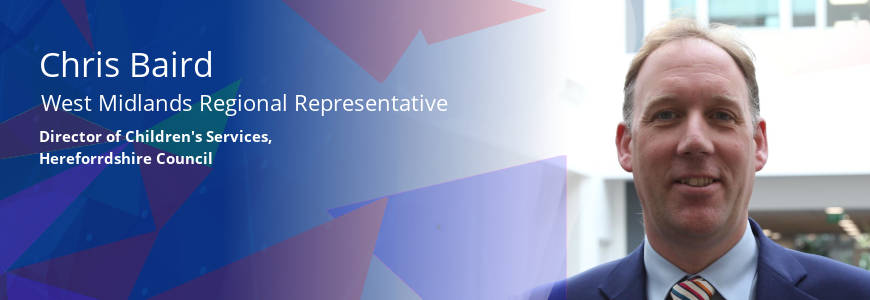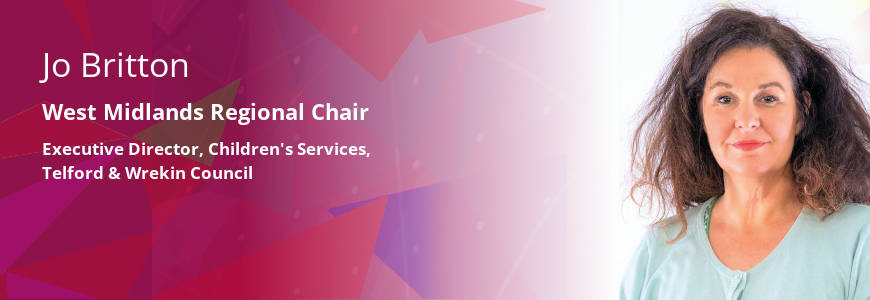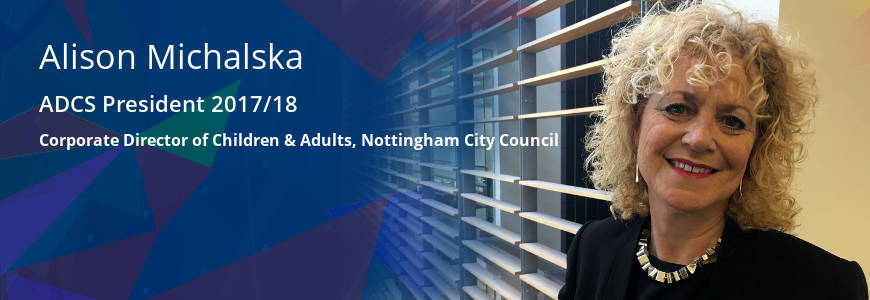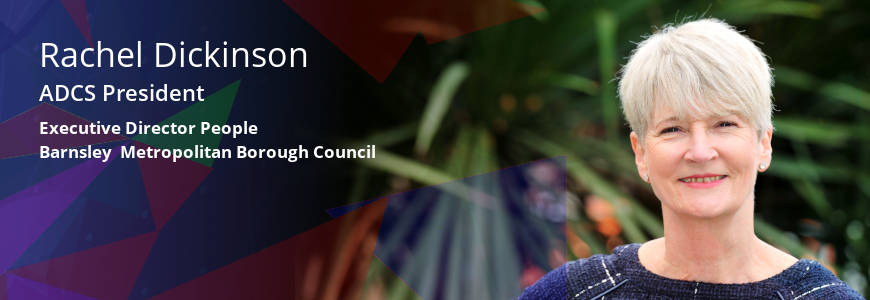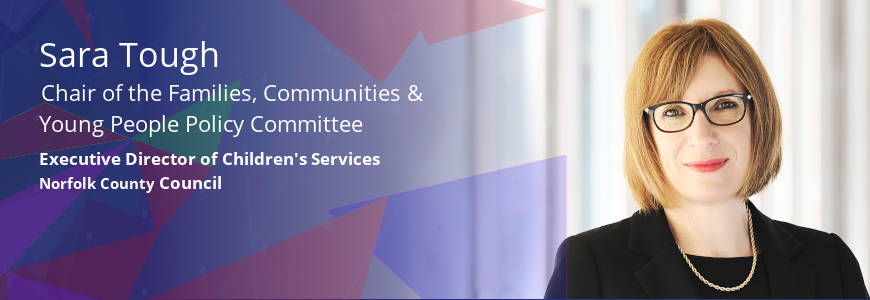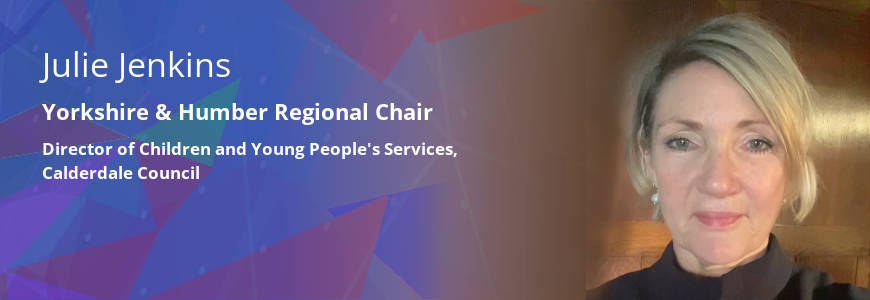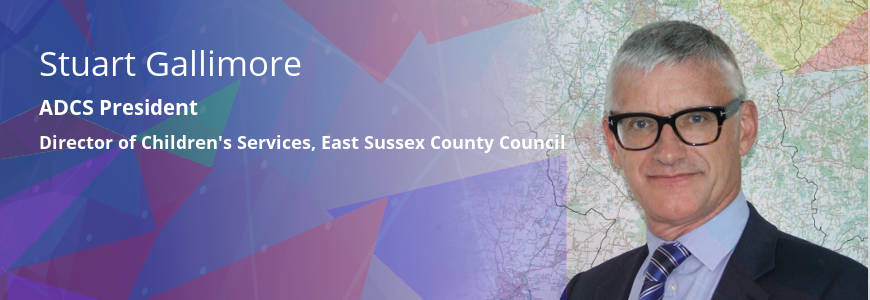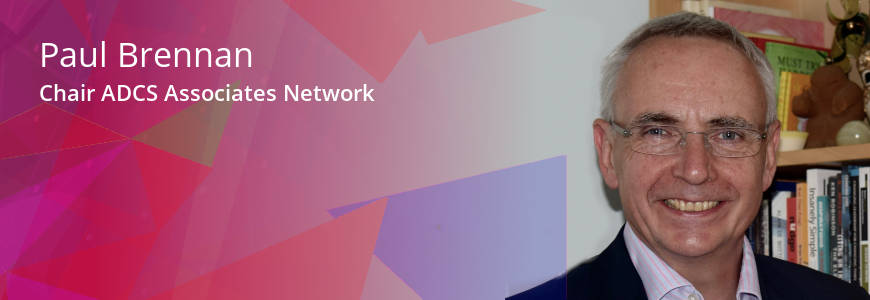Wishlist for the new top team at the DfE after the reshuffle

It’s 3:45pm on Monday 8 January and the cabinet reshuffle is in full swing. I’ve got one eye on the #cabinetreshuffle hashtag on Twitter. Some of the memes are making me smile, but I still don’t have an answer to the question: who’s going to be doing what at the Department for Education (DfE)?
It’s 3:20pm on Tuesday 9 January. We found out yesterday that Justine Greening had been replaced by Damian Hinds. It’s also now clear that Robert Goodwill, who was only with DfE for six months or so, is no longer in post. Who is to replace him has yet to be confirmed.
It’s lunchtime on Wednesday 10 January and rather than a whole new line-up at the DfE, there’s some familiar faces remaining or returning. Under the new Secretary of State for Education, Damian Hinds, Nick Gibb and Anne Milton retain their Ministerial posts for school standards, and apprenticeships and skills respectively; Sam Gyimah returns to DfE, this time with the brief for higher education; Lord Agnew stays as Under Secretary of State for the School System, and Nadhim Zahawi joins the Department in an Under Secretary’s role with responsibilities still undefined at the time of writing.
So, as a DCS, what am I hoping Damian Hinds and his team will pay attention to in 2018 and beyond? Notwithstanding the importance of schools and education to a department with ‘education’ in its title, I hope the ministerial team will focus on the needs and interests of children in a broader way.
This is an opportunity for the team to show system leadership on children’s issues at the heart of government and to reflect back to other departments the impacts of their policies and practices on children, their families and carers. Whether it’s urging the Ministry of Justice to provide a secure estate that actually keeps children safe, challenging the Department of Work and Pensions on the impact of benefit changes to vulnerable families, showing the newly renamed Ministry of Housing, Communities and Local Government how housing insecurity and homelessness impacts on children’s health and educational outcomes, or pressing the Department of Social Care and Health* on the nationwide commissioning of sufficient Tier 4 CAMHS beds. There is work to be done to make sure policy-makers centre the whole child in their thinking. In their publication “Bright Futures”, the LGA recommended a ‘children and young people impact assessment’ to ensure that the needs of children are central to all policy and legislative changes as did the Association’s recent policy position paper, “A Country that Works for All Children.” I would love to see this become a reality.
Nine secretaries of state ago, my life in children’s services began in early years and I think there’s room for some refocusing of DfE’s thinking here. Although I acknowledge the value to working parents of the extended entitlement and funded places for some two year olds (at the same time as I recognise the significant concerns of the childcare sector about the funding), there’s a gap in our thinking about what good support and environmental enrichment looks like to children under the age of two and their families. I think there’s a policy gap here which needs to be filled with something that isn’t ever more hours in institutions for ever younger children; nor is it parenting classes. The best kind of early intervention doesn’t feel like an ‘intervention’ at all.
Like Alison, in her blogpost last week, I hope there will be a long, hard look at funding, and in particular that the DfE will recognise the way that demand pressures in statutory safeguarding services inevitably eats up budgets and steers funding away from prevention and early help. Yes, we should be striving to steer our funding upstream in our own local authorities, but with a funding gap predicted to be £2billion by 2020, we know this is a Sisyphean task. Fresh funding is increasingly targeted towards novel ideas or services in need of remediation. Perhaps 2018 could be a year of creating funding opportunities to support the basics in all local authorities and making sure those basics explicitly include early help where it is needed?
A greater consideration of early help would necessarily mean a broader view of the workforce too. Clearly the national assessment and accreditation system is still an important focus for DfE, but (gets loudhailer out) it’s not all about social work! There are apprenticeship standards for child, young people and family practitioners and their managers, and there’s scope for an intelligently designed career pathway in work with children, young people and families that encompasses routes into social work, but equally recognises the many other valuable roles transforming children’s lives for the better. I would welcome more Departmental awareness of, and support for, these roles.
Finally, I’d also like to see DfE pay attention to the spluttering noises in the children’s services leadership pipeline. I was lucky enough to receive fully funded professional development before taking on the DCS role; it’s much harder now to secure that kind of training for the DCSs-in-waiting, but no less necessary. Although the data shows the sector is slightly less volatile than it was perhaps a year or two ago, there’s still a bit of a chew-them-up-and-spit-them-out mood, which costs the sector valuable experience and leaves too many of us taking on expanding portfolios in challenging financial contexts, with limited training and support. We need smooth, effective succession-planning to have a cohort of DCSs that are ready to face the next set of challenges, because whoever is doing what at the DfE, there will be challenges aplenty in the year ahead.
* I hope you saw what I did there!
Related Blog Articles
During this last turbulent year, our commitment to supporting our children has...
In General
This is my first blog as President of the Association of Directors of...
In General
I first became a DCS in 2005, which equates to the Paleolithic Age in DCS terms,...
In Leadership
In the midst of what has been a very difficult few weeks, Covid-19 promises to...
In General
By the time you read this, summer will be on its way out and we’ll be...
In Education
It only feels like a few weeks ago when I was writing my first blog as ADCS Vice...
In General
I feel we are at the end of the beginning, rather than the beginning of the end....
In General
November can be an odd month. We are not yet at the end of the year but are...
In General
I recently chaired a workshop on suicide prevention at the ADCS annual...
In General
As a professional community we have been regularly sharing our experiences of...
In General
The cost of living crisis is starting to bite and will have a huge impact on...
In General
Firstly, can I start by wishing everyone a Merry Christmas and all the best for...
In General
Even more concerning is the lack of join-up nationally where responsibility for...
In General
Today is Black Friday! It may feel as though it is so called because “it...

